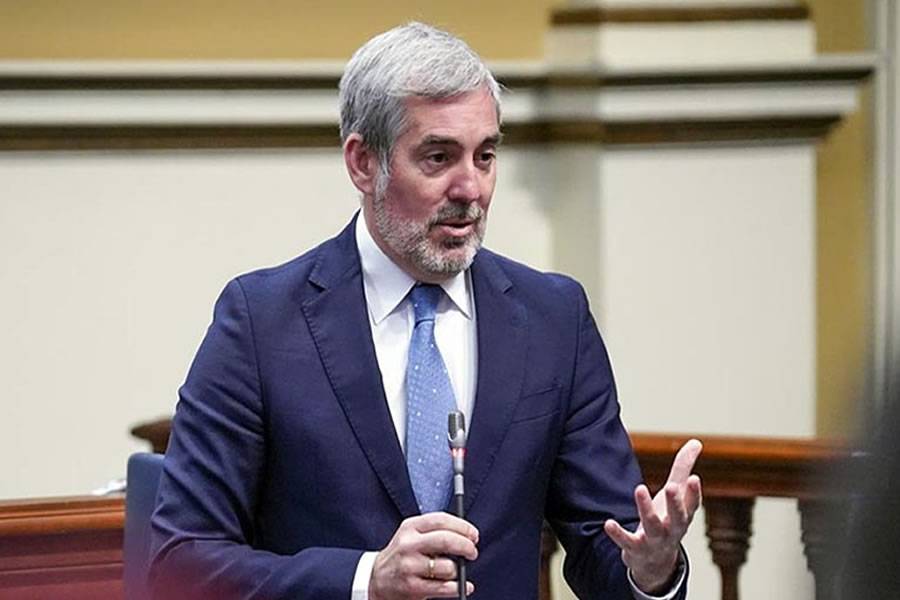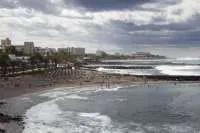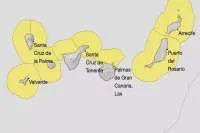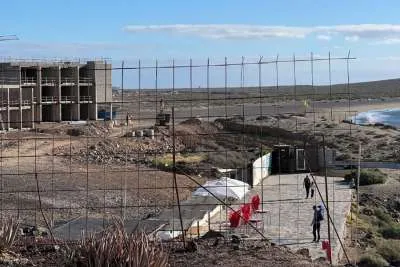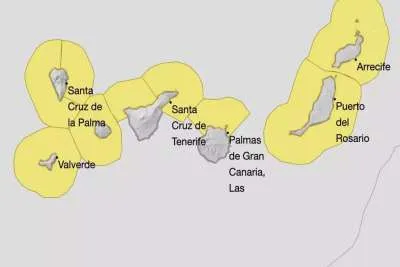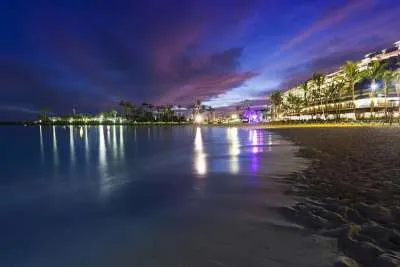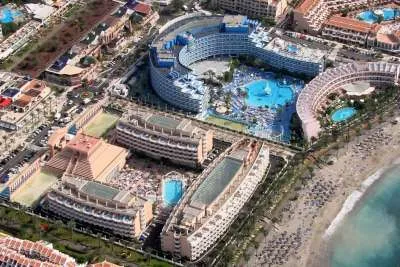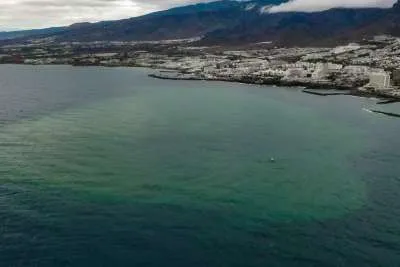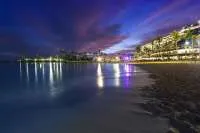Canary Islands President: ‘Its time to restrict property purchases by non-residents’
- 12-05-2024
- National
- Canarian Weekly
The President of the Canary Islands Government, Fernando Clavijo, has stated that the time has come to negotiate with the European Union to introduce restrictions on property purchases by foreigners in the archipelago. This declaration was made during a parliamentary session this week, in response to a question raised by his own party.
Although the measure is still in the initial phase of legal evaluation, Clavijo's position reflects a growing concern among the local population about the consequences of demographic growth and the pressure on infrastructure and public services that this entails.
The regional government has already begun to prepare the necessary legal studies to formulate this proposal to the new European Commission that will be formed after the upcoming European elections.
Despite initial opposition from other political parties, the decision to advance with legal studies shows an openness to exploring policies that could moderate property purchases by non-residents, in an effort to protect access to housing for residents and preserve the standard of living in the islands.
Clavijo said that he understands the "discomfort and unease" felt by the population due to the demographic increase that has not been accompanied by a proportional development in services and infrastructure, and emphasised the importance of finding a balance that allows maintaining the appeal of the Canary Islands to tourists while improving the quality of life of its residents.
In this regard, he pointed out that there are also many empty properties in the islands, and properties that are dedicated to holiday rentals or are sold to foreigners who are "buying at very high prices."
David Toledo, president of the Nationalist Group, reinforced this view, adding that the rapid population growth, which has seen an increase of more than 500,000 people so far in the 21st century, has brought negative consequences for locals. He agreed that the number of empty houses and properties dedicated to holiday rentals or sold at high prices to foreign buyers, is a major part of the challenge facing the islands.
Toledo also suggested that the Canary Islands could follow the example of countries like Malta and Finland, which have implemented restrictions on property purchases by foreigners. He proposed that this situation serve as a "task" for the next EU Commission, arguing that the region cannot make these decisions alone and that it is necessary to coordinate actions both at the national level in Madrid and at the European level in Brussels.
This debate underlines the complexity of managing tourist and demographic growth in island regions like the Canary Islands, where the capacity to expand services and infrastructure is limited and where the balance between welcoming tourists and protecting the interests of local residents is an ongoing matter of public policy.
Clavijo's proposal, although in a preliminary stage, reflects a significant attempt to address these concerns through the regulation and control of the real estate market in the face of an increasingly challenging globalised landscape.


